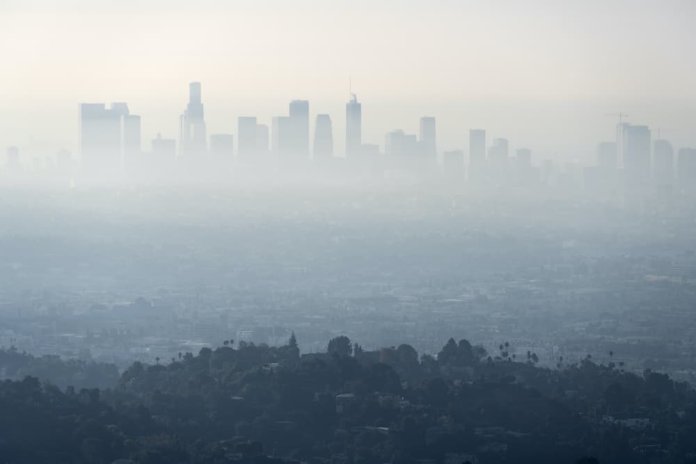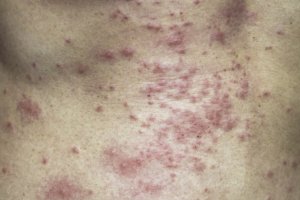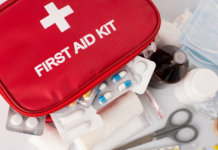Skincare and Pollutants: How Where We Live Affects Our Skin
Over the years pollution in the air has risen, and with it skin sensitivity, rashes, and other disruptions. Pollution breaks down your skin’s natural barriers, resulting in collagen loss and inhibited reproduction. Fine dusts and dirt can clog pores. Your skin is your body’s largest organ, and it needs protection and care.
If you’re a city-dweller, these concerns are much greater. In Los Angeles, for example, air quality is almost always bad, and it gets very poor during the annual wildfire season and exponentially increases the potential for damage.
Our skin is able to keep itself healthy and clean when it’s left undisturbed, but with the rising levels of environmental aggressors and even some of the facial products we use every day, it needs a bit of help.
But how do we fix our skin if the problem is the air around us? Turns out the answer might be to look inward, or rather– what’s been used on our insides. Introducing, probiotics for skincare.
Have skin that’s too oily or too dry? Your microbiome is probably off. Our skin has a balance of microorganisms that protect it from damage or germs. This balance of micro-helpers is called your microbiome, and it does so much to protect not only your skin but also your immune system. Unfortunately, many of the products we use throw off this balance, making our skin either too dry, too oily, or tender and prone to redness.
This is where probiotics come in. Probiotics are powerful detoxifiers and purifiers. It’s already well-documented how beneficial they are for your gut health, and research has found that when inactivated probiotics are applied topically to the skin, they can have significant effect on keeping it clear and healthy.
Your skin is also slightly acidic, about 5.5 on the pH scale, so it’s important that this balance is maintained to keep skin healthy. Trouble is, many cleansers don’t take pH balance into account, so they end up contributing more to skin problems rather than solving them.
Think about it. Your skin is your first line of defense against bacteria or pollutants getting into your body, so it makes sense that the microorganisms living on it would be tasked with defending against the ones that cause you harm. In its healthiest state it can effectively protect us, but data shows that with the increased levels of pollution worldwide and our rising stress levels, more and more people are developing sensitive skin, which means that our natural protective barriers are under assault and leave our skin irritated and super sensitive.
Probiotics in skincare can have antimicrobial properties, which fight inflammation (that’s really good news for irritated skin!) They can even suppress the growth of bad bacteria on your skin, keeping you from getting sick and your immune system supported. That is why you need to keep your body and your skin healthy.
A damaged barrier contributes to all sorts of problems, even prematurely aging skin. A damaged barrier leads to lost hydration, which means wrinkles and fine lines develop. It also means that the damaged skin has a harder time repairing itself. As a result, skin may overproduce oil in an attempt to restore lost hydration, which is essential for keeping skin healthy and keep signs of aging at bay.
By reinforcing your skin’s natural barrier and giving it what it needs to thrive, you keep bacteria, germs, and dirt away, making your skin healthier, look better, and staying younger longer.





